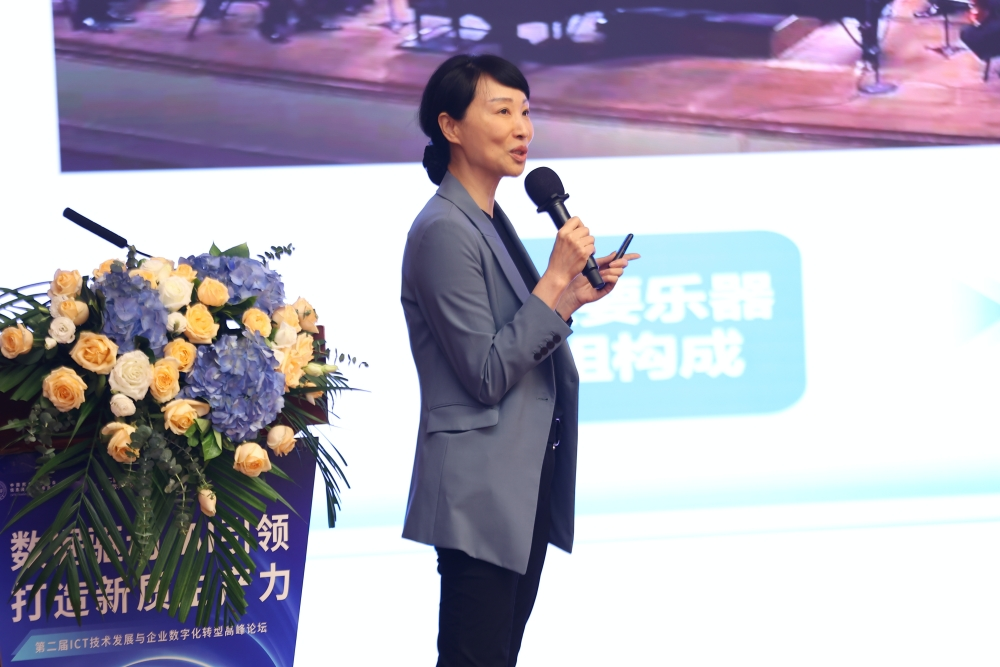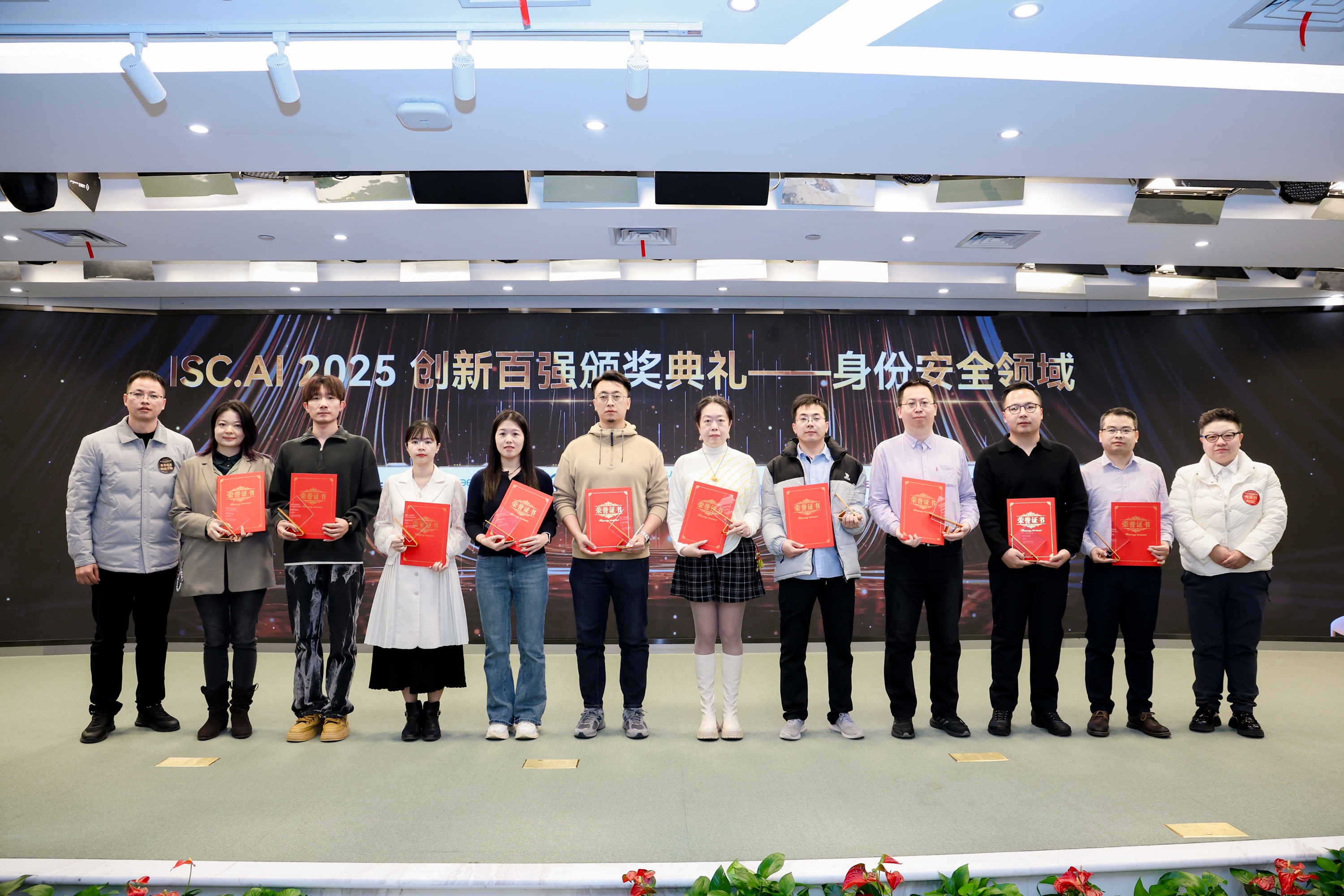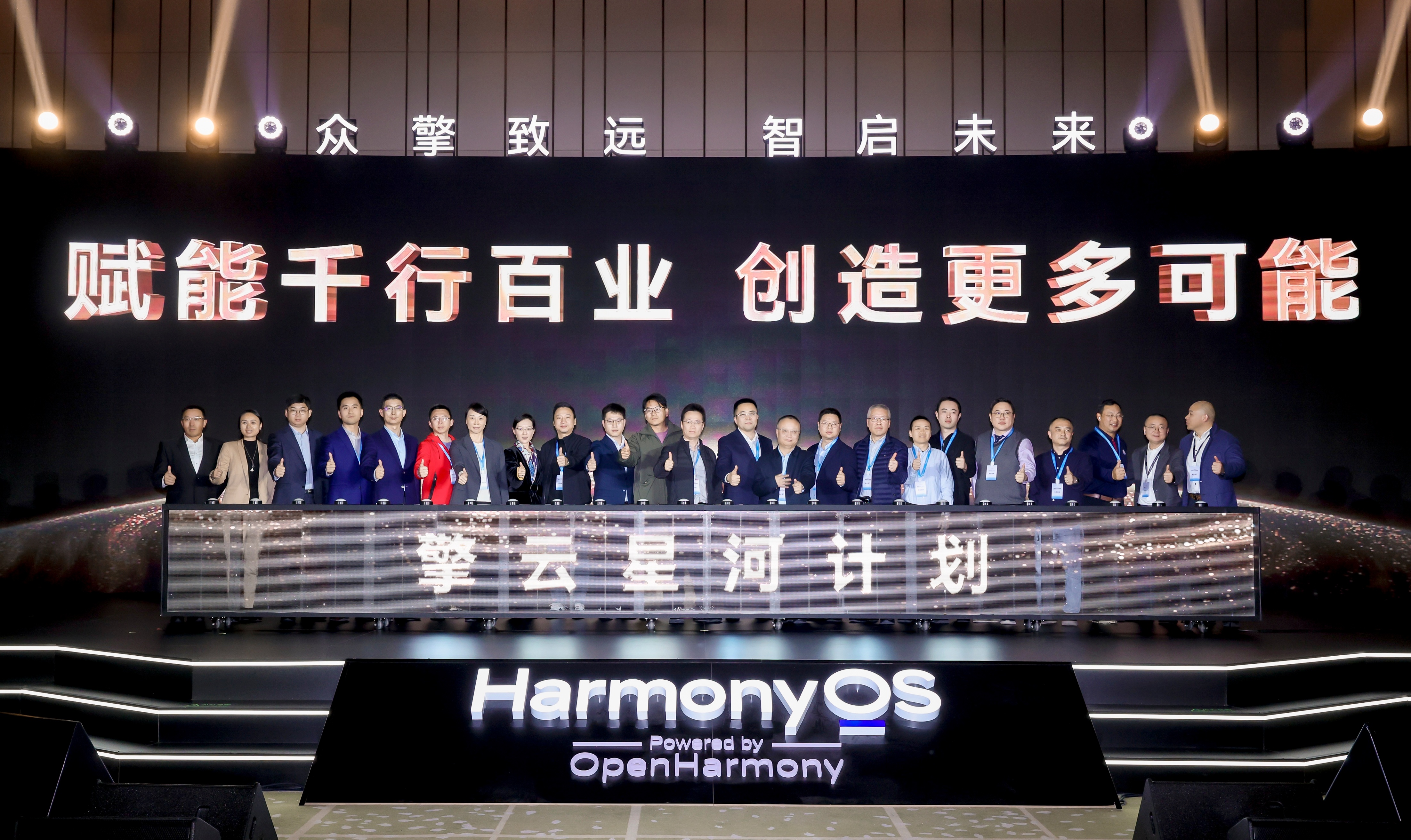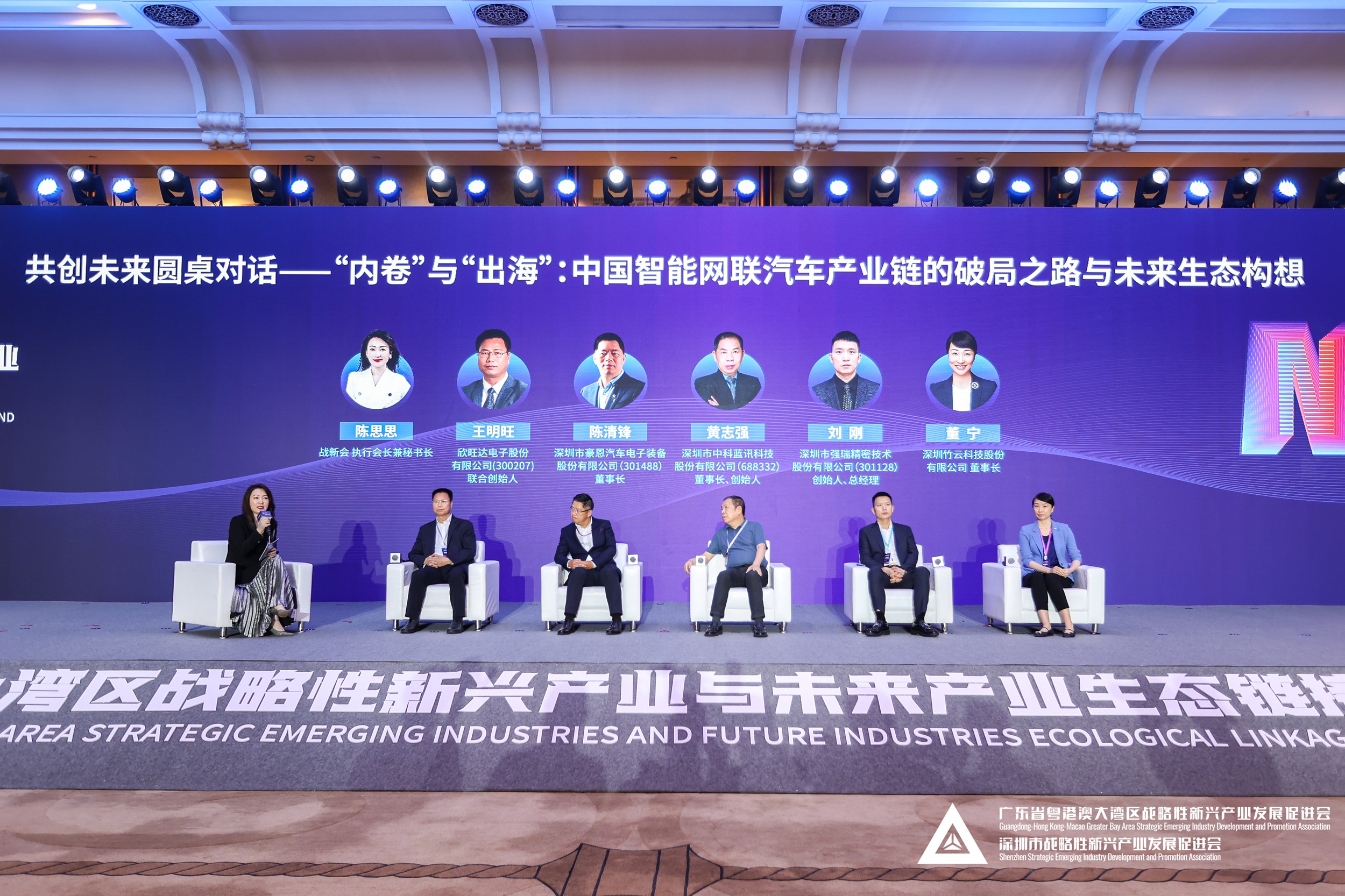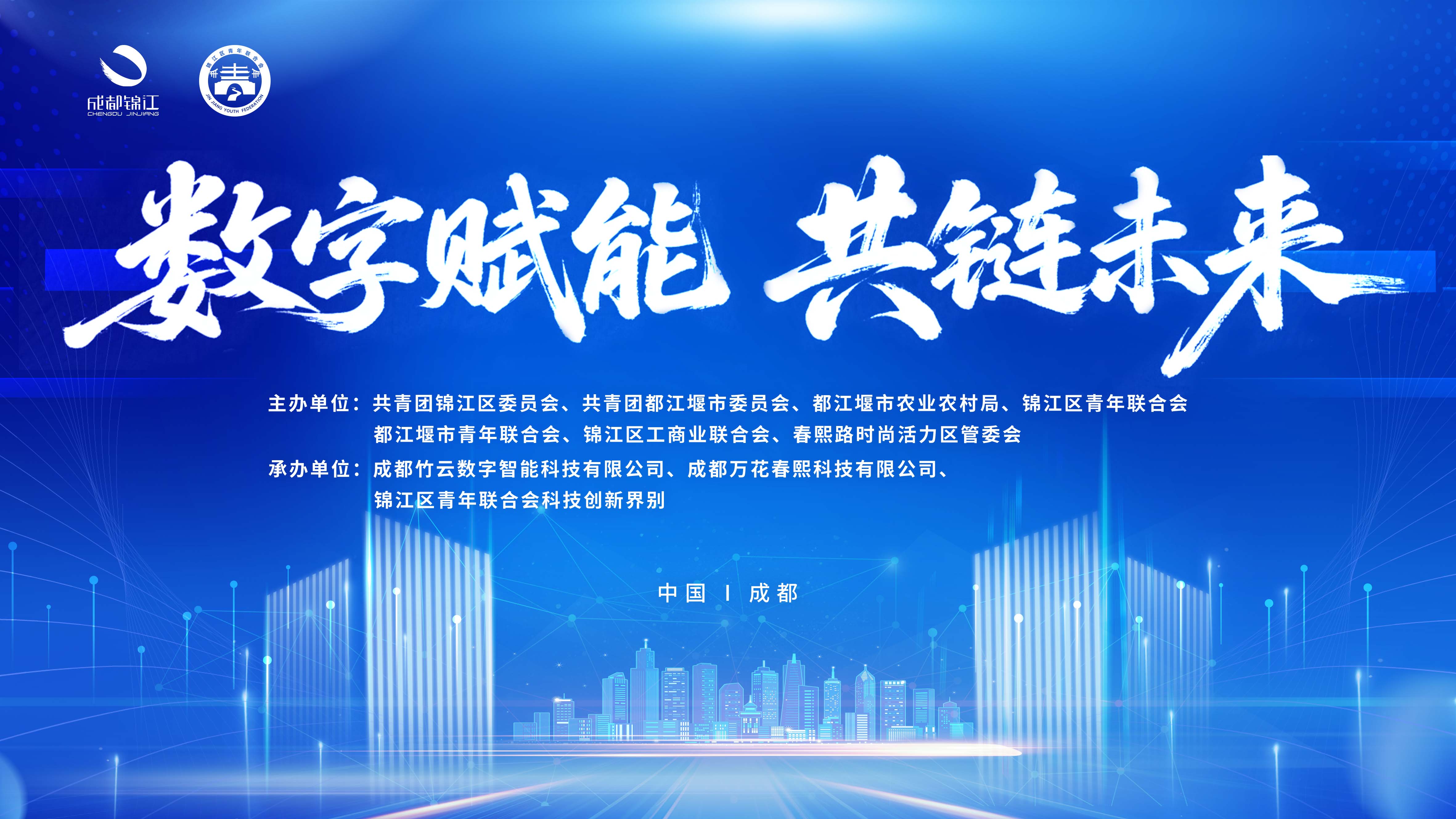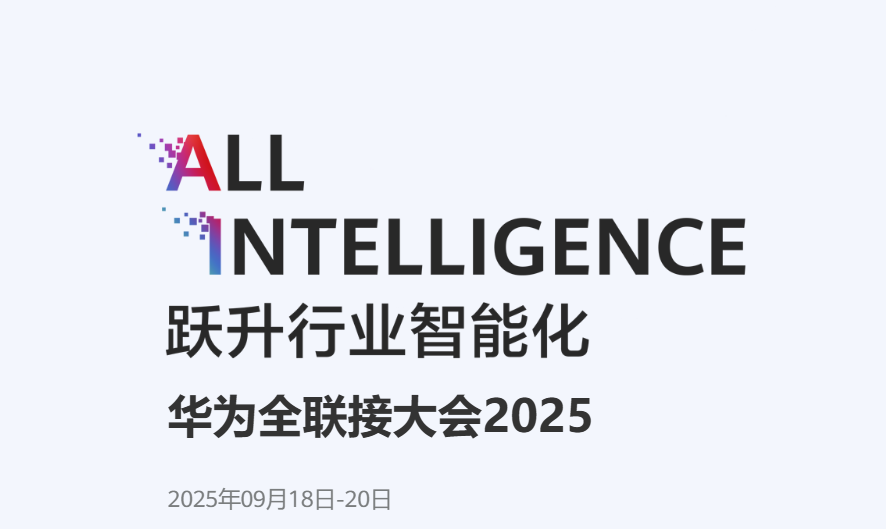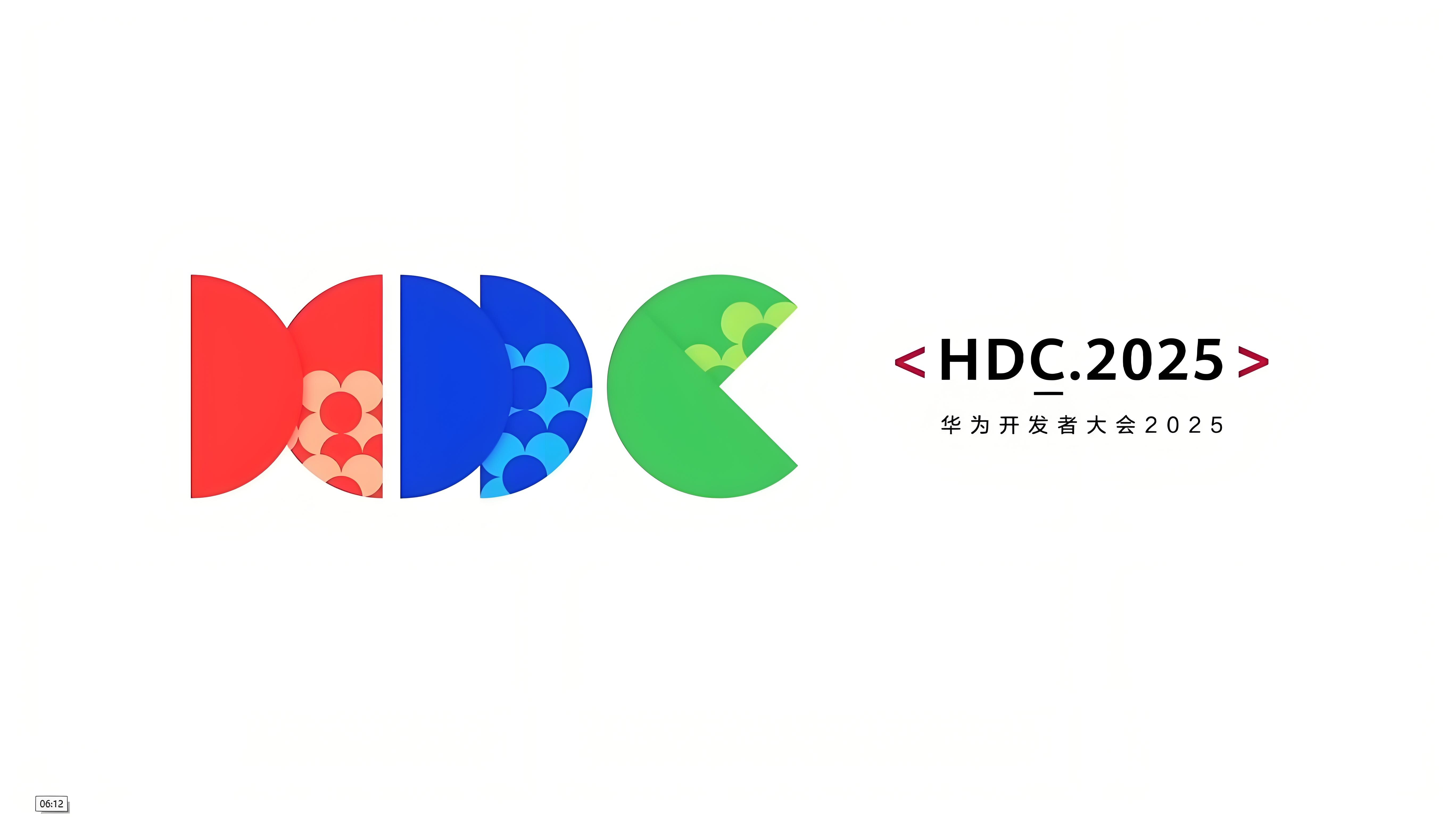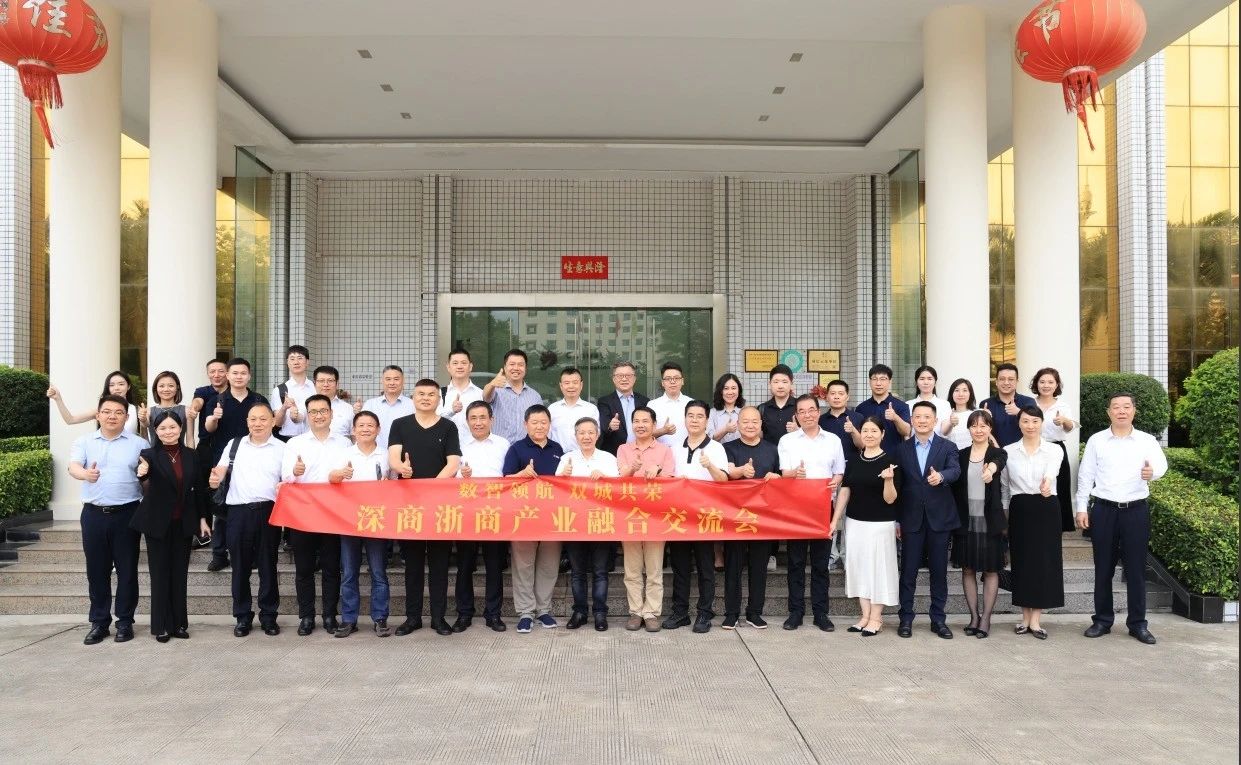Founder of Bamboocloud Delivers Keynote Speech at the Second ICT Technology Development and Enterprise Digital Transformation Summit
On May 25th, the "Second ICT Technology Development and Enterprise Digital Transformation Summit," guided by CATIS and hosted by the CATIS Information Technology Service Committee, was grandly held in Beijing.
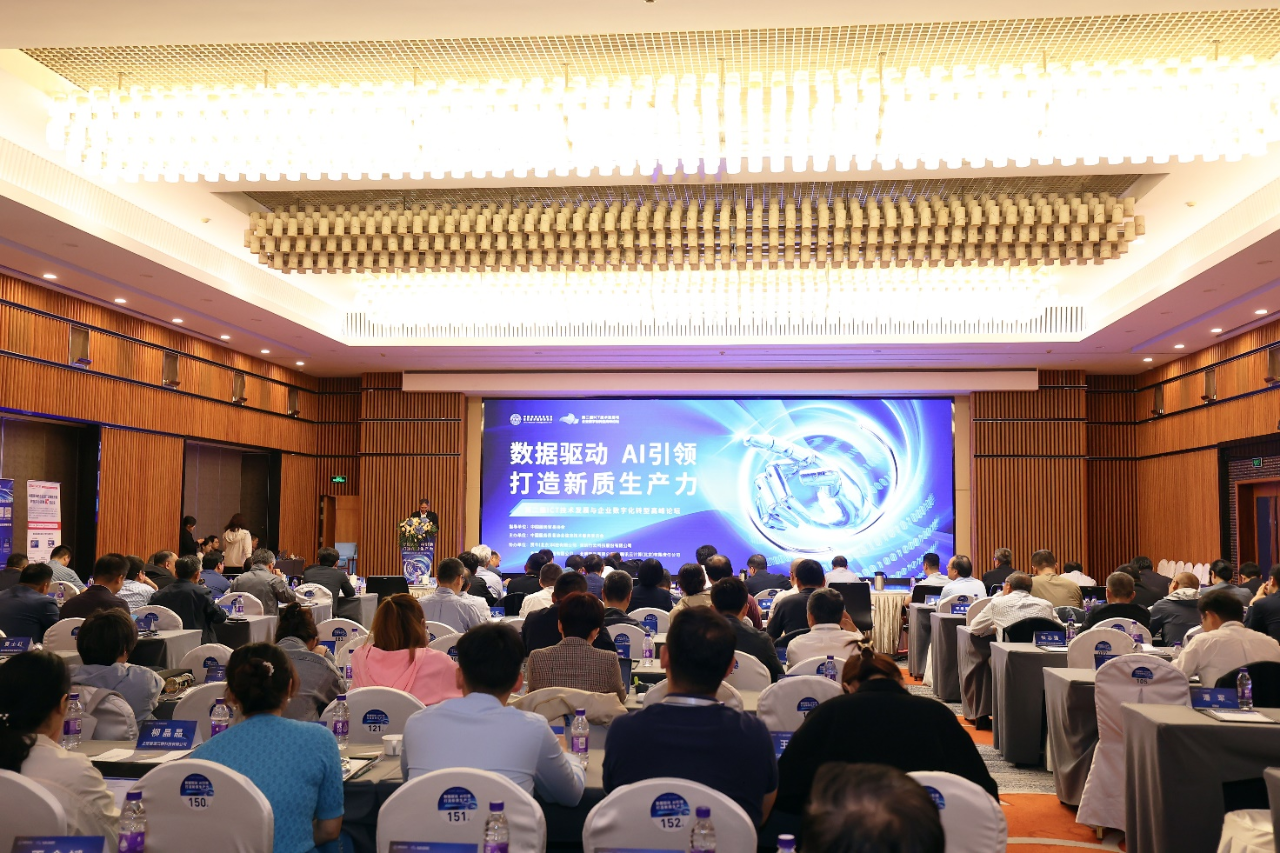
The forum, themed "Data-Driven, AI-Led, Creating New Productivity," invited over 200 renowned experts and outstanding enterprise representatives from government bodies, central state-owned enterprises, universities, and industry associations. The focus was on innovative development paths under new technologies and models, promoting the deep integration and high-quality collaborative development of traditional industries and the information technology service industry, and facilitating the transformation and upgrading of traditional industries.
Distinguished guests such as Zhong Zeyu, Vice President and Secretary General of CATIS, and Li Hong, Vice President and Secretary General of CIIA, attended the meeting. The forum was co-hosted by Wang Xujun, former Director of the Information Center of the State-owned Assets Supervision and Administration Commission of the State Council, and Li Defang, Director of the CATIS Information Technology Service Committee.
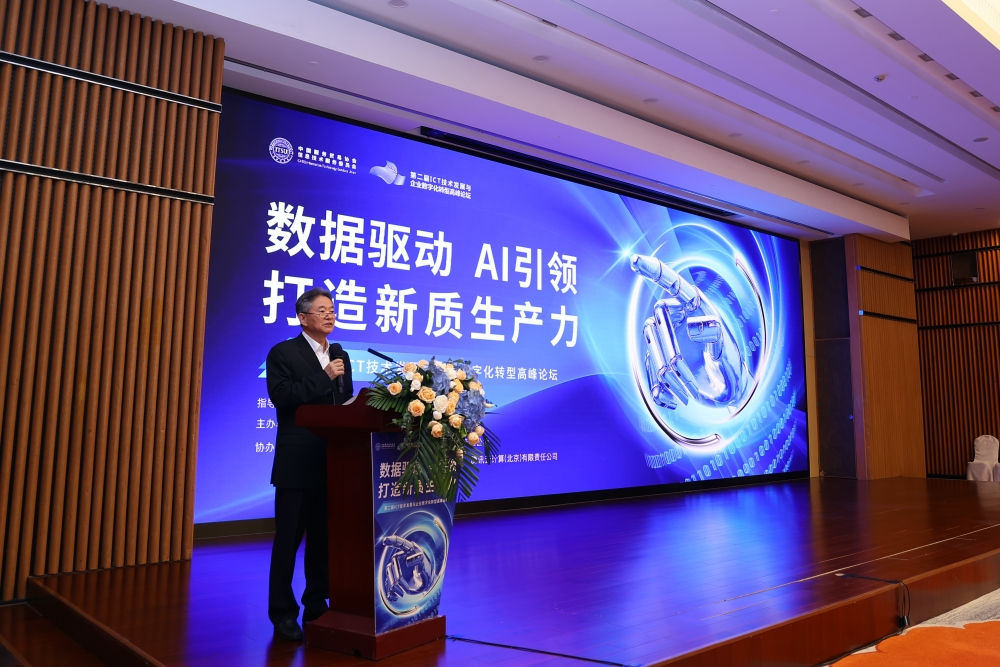
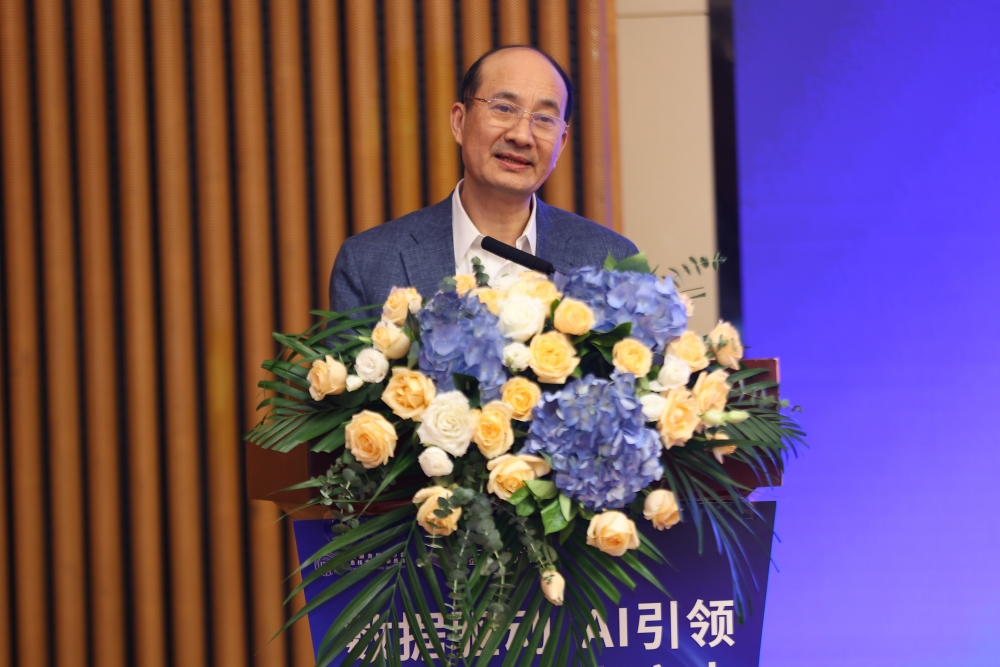
Zhong Zeyu, Vice President and Secretary General of ICT, first elucidated the current major trends in digital economic development. He pointed out that according to forecasts by the World Economic Forum, approximately 70% of the global economy over the next decade will be composed of industries related to the digital economy. Currently, China is in the forefront of the digital economy, and many underdeveloped regions and countries in new economic sectors represent vast markets for Chinese enterprises in the future. Regarding how to leverage China's advantages in the field of the digital economy and establish a new global industrial chain for digital trade, he proposed three key strategies. First, actively build a collaborative innovation model of "technology + business." Second, vigorously promote the formulation and improvement of digital trade rules, establishing two standards of "high" and "low." Third, make significant efforts to construct three core supply chains, including the digital infrastructure supply chain, productive service industry supply chain, and data trading supply chain. Looking ahead, he hopes that through deep industry collaboration, outstanding Chinese IT enterprises can lead cooperative efforts to expand internationally and spearhead a new wave of global digital economic globalization.
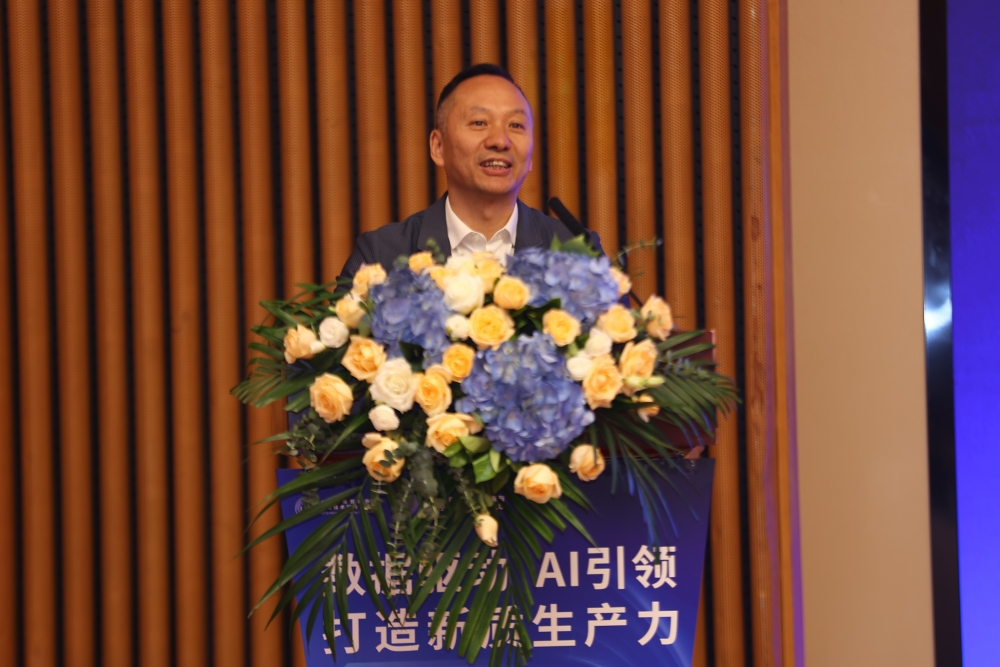
Li Hong, Vice President and Secretary General of ICT, pointed out that while China used to mainly export physical products in the past, it now exports capabilities and models, indicating that China has gained more influence and dominance in the global economy. The flourishing digital economy is profoundly transforming traditional industrial systems and reshaping the structure and relations of productivity. She believes that it is essential to embrace this transformation with a digital mindset and not with traditional industrial thinking when understanding the digital economy and promoting enterprise digital transformation. She particularly emphasized that possessing professional technical expertise in the IT industry does not automatically qualify one as a leader in the digital age; IT industry practitioners also need to undergo self-renewal in terms of mindset.
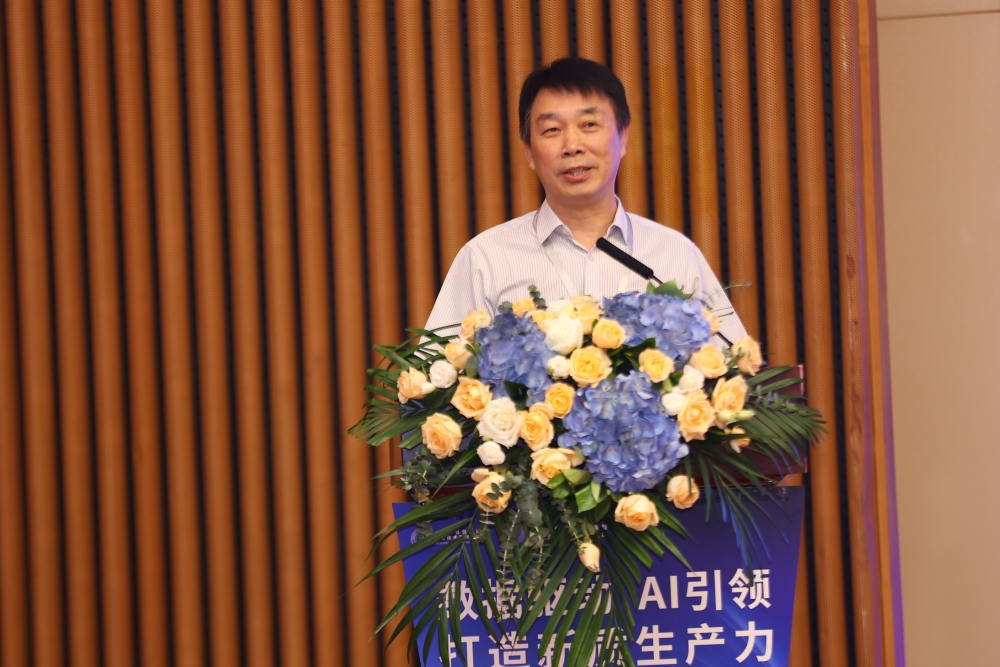
During the keynote speech session, the guests delved into in-depth discussions on topics such as China's digital economy, the development of new productivity, AI empowerment, and digital transformation practices.
Jing Shuai, Deputy General Manager of the Information and Digitalization Department of Sinopec, shared the overall approach and practical results of the group's digital transformation. Digital transformation is based on business and focuses on the integrated control capabilities of the group, innovative and efficient capabilities of plate innovation, specialized overall management capabilities, and the creation of new economic value, which is the inevitable path for the high-quality development of Sinopec. According to the overall goals and implementation paths of digital transformation, focusing on three key elements, three development stages, and four major capabilities, the entire group conducted overall design across 20 business domains. In the process of transformation, the domain-long responsibility system was established, a new model of "data + platform + application" was implemented, the overall framework of group data governance was constructed, and the integrated overall operation and maintenance system of thousands of systems of the group was continuously built.
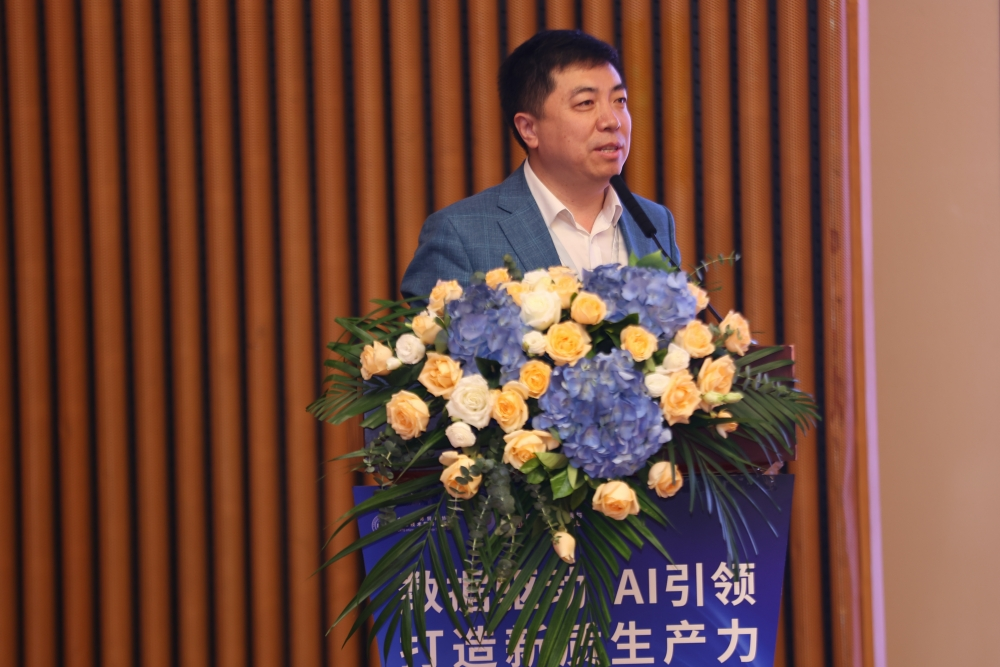
Wang Lei, Deputy Director of the Digitalization Department at State Grid, outlined the approach, practices, and achievements of the digital transformation at State Grid. He explained that the current focus is on the deep integration of digital technology and company operations. By implementing seven key initiatives and strengthening eight support systems, they continue to exert efforts in building new infrastructure, empowering grid production and operation, enhancing enterprise management, and providing high-quality services to customers. This ongoing effort aims to advance the comprehensive digital transformation of the entire grid business and operation cycle.
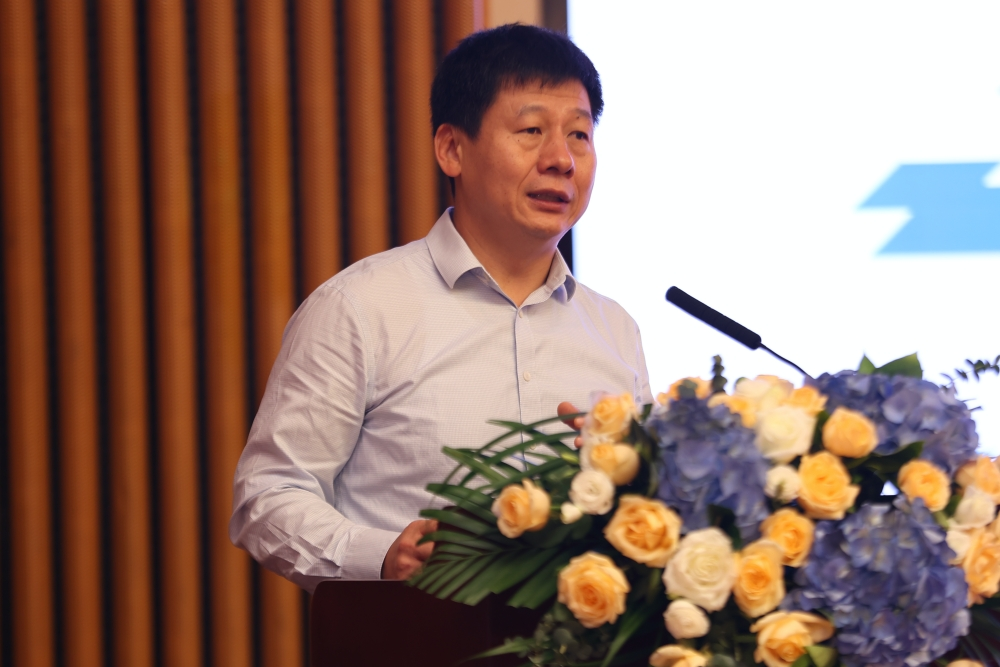
Chen Shaokai, Deputy Director of the Technology and Information Department at China National Offshore Oil Corporation (CNOOC), shared insights on CNOOC's digital transformation efforts in areas such as data governance and intelligent oil and gas field construction. CNOOC has been advancing data governance to lay a solid foundation for digital transformation, bridging connections within organizations, specialties, and processes, guided by value orientation. It has promoted the construction of intelligent offshore oil and gas fields, leading to the establishment of China's first digitalized intelligent manufacturing base for marine engineering equipment. Simultaneously, it has actively deployed and implemented artificial intelligence projects to cultivate new capabilities for transformation and upgrading. Looking ahead, CNOOC will continue to strengthen data governance, deepen the operation and monetization of enterprise-level data, vigorously promote digital transformation, reconstruct traditional business models, enhance corporate efficiency, and strengthen innovative competitiveness.
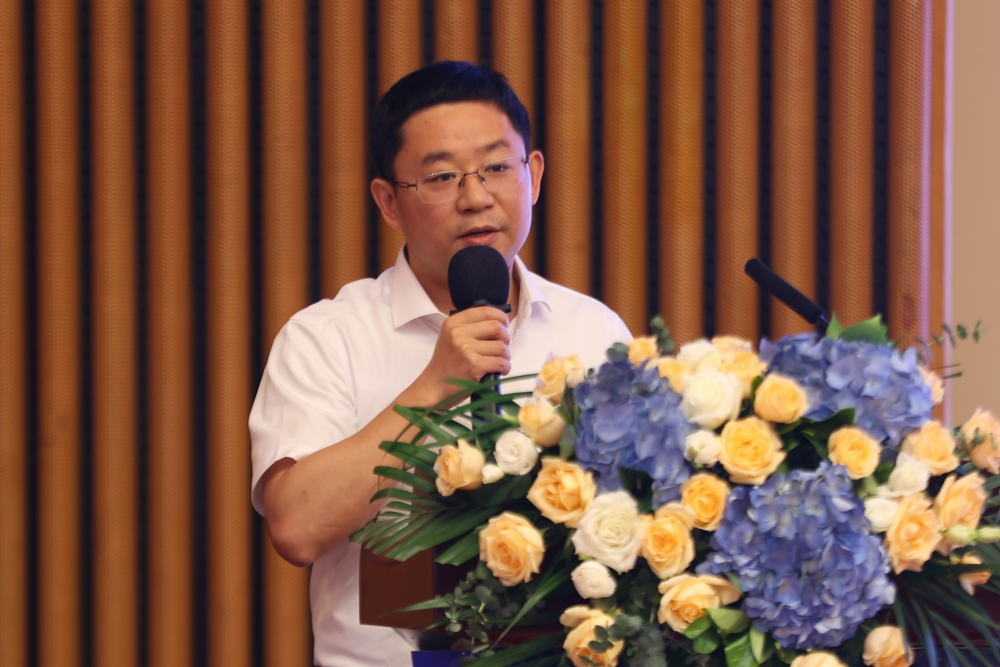
Dong Ning, the founder of Bamboocloud, discussed "Orchestration: Innovative Security Practices in Digital Transformation" in his keynote speech. He emphasized that in today's exponentially growing technological landscape, the only path for large enterprises to achieve efficient management is through digital transformation. Companies need to steadfastly embrace innovation, potentially abandoning business processes established over the past years in favor of adopting best practices. Automated orchestration enables IT teams to manage complex tasks and workflows more easily, resulting in significant cost and time savings. Cloud services and AI drive continuous optimization of workflows, accelerating the flexibility, efficiency, and innovation of enterprises.
IAM (Identity and Access Management) digital identity management and access control technology serve as crucial middleware platforms to securely and efficiently manage both local and cloud resources. They facilitate the efficient and harmonious collaboration of various types of enterprise software systems, providing organizations not only with a secure and efficient digital foundation but also becoming a necessary condition for organizations to shape core competitiveness, achieve intensive management, and innovative development.
